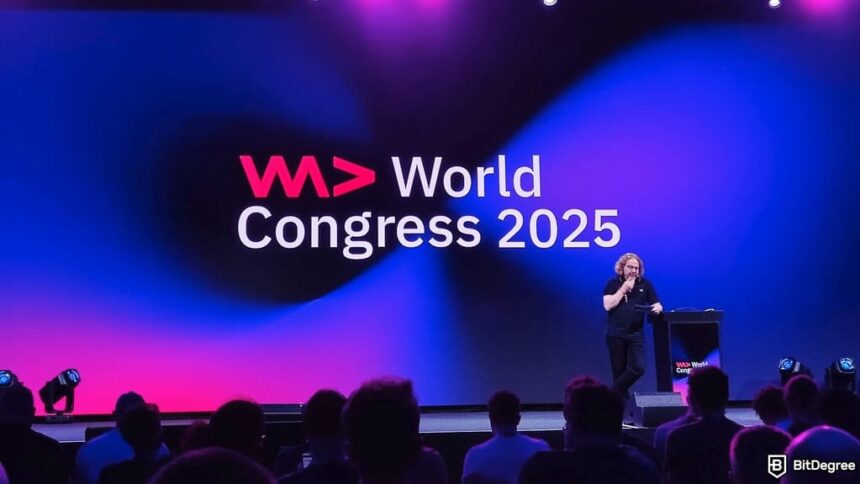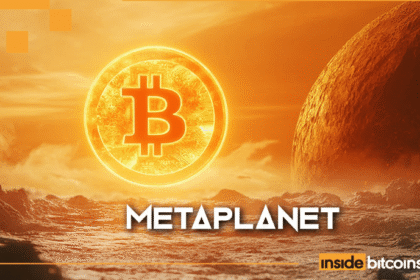Brian Whippo, Head of Developer Relations at the Algorand
Speaking in a session titled “402 – Payment Required”, Whippo noted that current payment networks “weren’t designed for AI agents, machine-to-machine transactions, or high-frequency microtransactions”.
As the internet evolves toward autonomous systems, he argued, the financial infrastructure must evolve with it. Whippo highlighted next-generation payment architectures, from open web standards to blockchain solutions and micropayment frameworks, that could enable seamless value transfer in the digital economy.

Did you know?
Subscribe – We publish new crypto explainer videos every week!
What is a Rug Pull in Crypto? (Meaning + Examples)

He also pointed to technical challenges and emerging standards that may reshape how machines, agents, and applications exchange value at internet scale.
There is a growing notion that the integration of stablecoins with AI is emerging as the next generation of payments infrastructure. On July 9, PFMCrypto, a company that runs cloud-based crypto mining using AI, teamed up with USDC

Meanwhile, on May 7, Stripe introduced “Stablecoin Financial Accounts” alongside an AI-powered foundation model for payments. These new accounts, currently available in over 100 countries, let businesses hold and send stablecoins like USDC. At the same time, Stripe’s AI model helps optimize processes such as fraud detection and authorization rates.
The developers also noted that Coinbase
$4.82B
and other major players are on the way to building blockchain payments in real life.
Established companies are indeed rolling out real-world crypto payment solutions. For instance, Coinbase recently launched Coinbase Business, a new account designed for small and medium-sized businesses. This account enables companies to send and receive cryptocurrency payments, manage their digital assets, and track their finances in one place.
The WeAreDevelopers World Congress is the largest annual event for developers, which covers various topics related to the future of technology. What is the focus of the 2025 conference? Read the full story.
Having completed a Master’s degree in Economics, Politics, and Cultures of the East Asia region, Aaron has written scientific papers analyzing the differences between Western and Collective forms of capitalism in the post-World War II era.
With close to a decade of experience in the FinTech industry, Aaron understands all of the biggest issues and struggles that crypto enthusiasts face. He’s a passionate analyst who is concerned with data-driven and fact-based content, as well as that which speaks to both Web3 natives and industry newcomers.
Aaron is the go-to person for everything and anything related to digital currencies. With a huge passion for blockchain & Web3 education, Aaron strives to transform the space as we know it, and make it more approachable to complete beginners.
Aaron has been quoted by multiple established outlets, and is a published author himself. Even during his free time, he enjoys researching the market trends, and looking for the next supernova.












